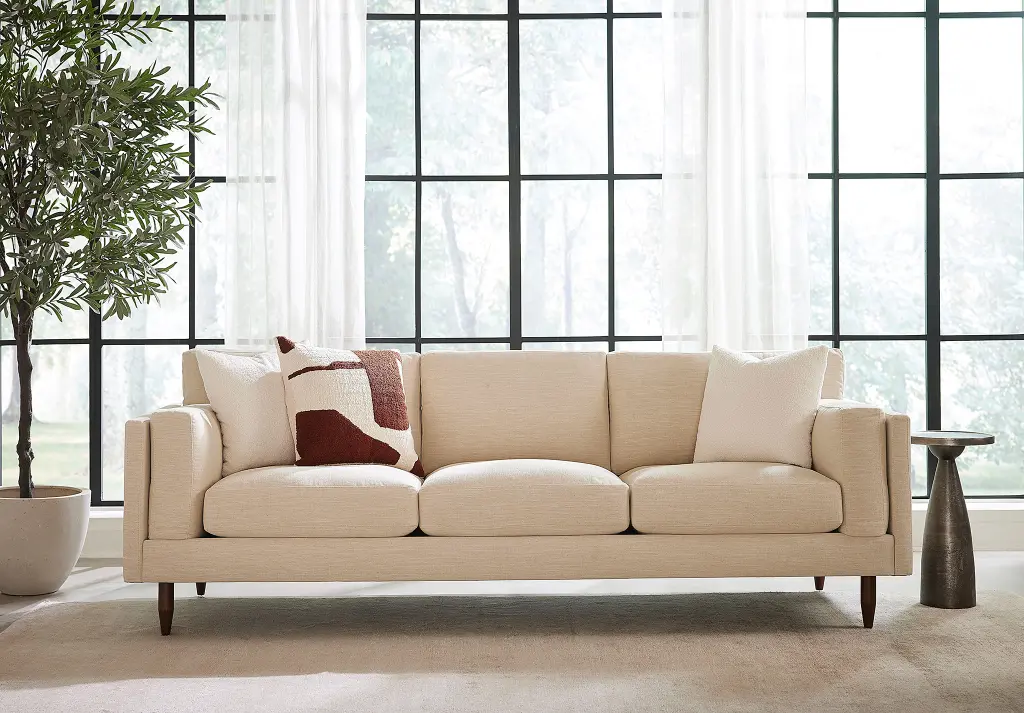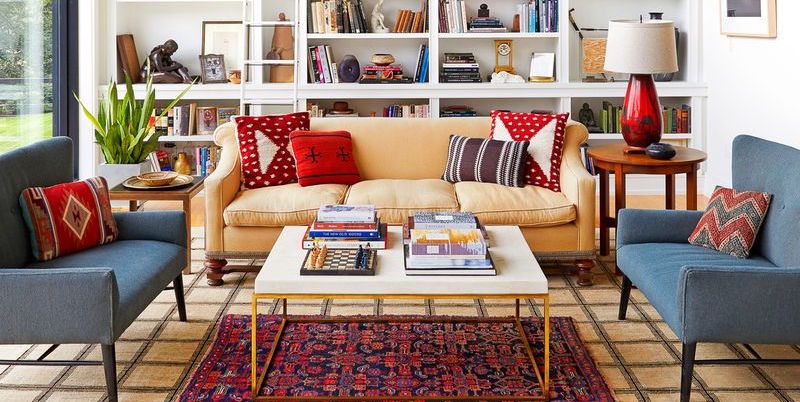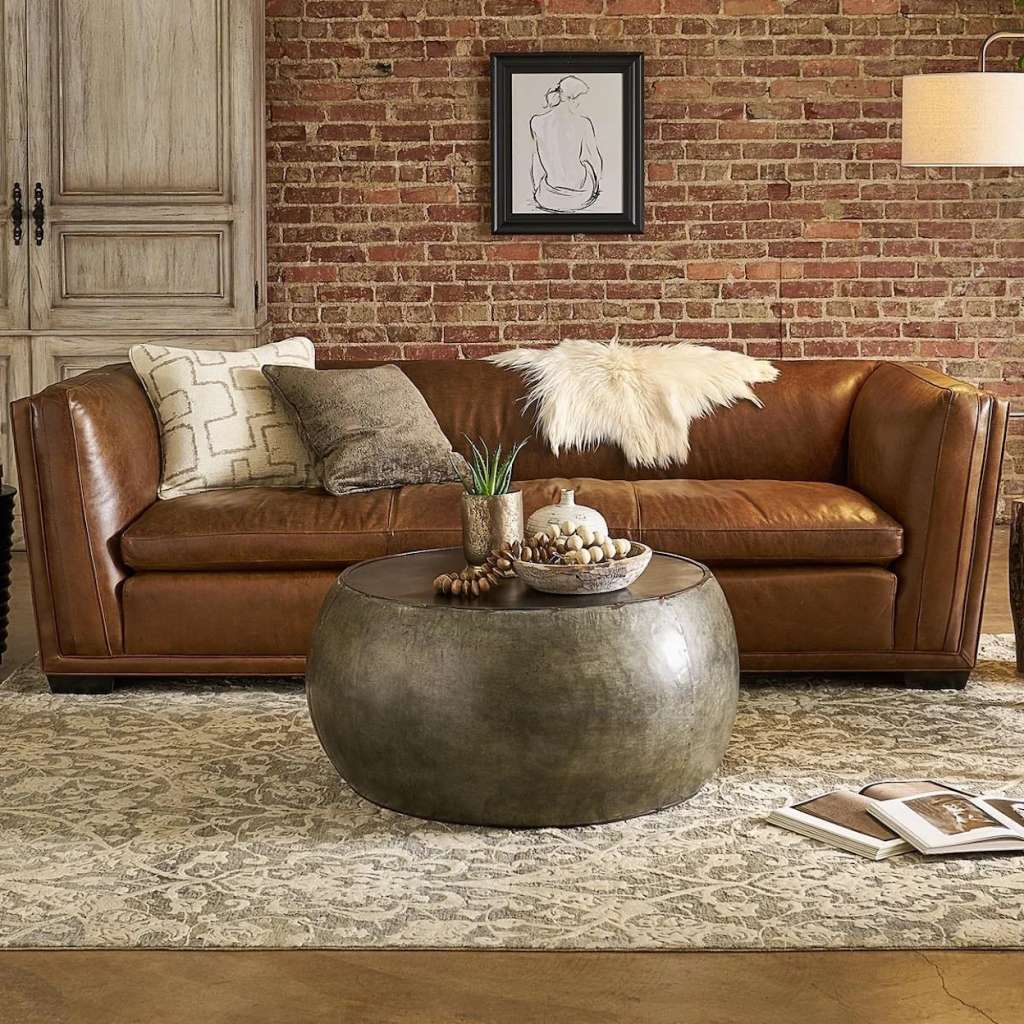
Introduction: Leather couches are timeless pieces of furniture that can elevate the aesthetic of any living space. With their durability, classic appeal, and comfort, they often become cherished centerpieces in our homes. However, to ensure that your leather couch stands the test of time, it requires proper care and maintenance. In this blog, we’ll delve into the essential tips and tricks for maximizing the longevity of your leather couch, ensuring that it remains a beloved fixture in your home for years to come.
- Choose Quality: Investing in a high-quality leather couch from the outset sets the foundation for its longevity. Opt for full-grain or top-grain leather, which are known for their durability and ability to withstand wear and tear over time. While genuine leather is more affordable, it may not possess the same longevity as higher-grade options.
- Clean Regularly: Regular cleaning is crucial for preserving the beauty and integrity of your leather couch. Dust and debris can accumulate on the surface, leading to premature wear and dullness. Use a soft, dry cloth or vacuum with a brush attachment to remove dust and crumbs regularly. For deeper cleaning, use a mild leather cleaner recommended by the manufacturer, ensuring that you follow the instructions carefully.
- Condition Periodically: Leather, like skin, requires moisture to remain supple and prevent cracking. Conditioning your leather couch every 6 to 12 months helps replenish lost moisture and maintain its softness. Choose a high-quality leather conditioner that is specifically formulated for your couch’s type of leather. Apply the conditioner evenly using a clean cloth, allowing it to penetrate the leather before wiping off any excess.

- Protect from Sunlight: Direct sunlight can cause leather to fade and dry out, leading to discoloration and cracking. Position your leather couch away from windows or use curtains and blinds to block out harsh sunlight. If relocation isn’t possible, consider using UV-blocking window film to protect your furniture from harmful rays.
- Avoid Harsh Chemicals: Harsh cleaning agents, such as bleach or ammonia-based products, can damage leather upholstery, causing it to lose its color and finish. Stick to mild, pH-balanced cleaners specifically designed for leather to avoid any adverse effects. Additionally, refrain from using abrasive sponges or brushes that can scratch the surface of the leather.
- Address Spills Promptly: Accidents happen, but swift action can prevent permanent damage to your leather couch. Immediately blot spills with a clean, dry cloth to absorb excess liquid. Avoid rubbing, as it can push the stain deeper into the leather fibers. If necessary, use a damp cloth with a mild soap solution to gently clean the affected area, followed by thorough drying.
- Rotate and Fluff Cushions: To prevent uneven wear and sagging, regularly rotate and fluff the cushions of your leather couch. This helps distribute weight and pressure evenly across the surface, prolonging the lifespan of the upholstery. Consider using furniture pads or coasters under the legs to minimize friction and protect the leather from scratches.
Conclusion: By following these simple yet effective tips, you can ensure that your leather couch retains its beauty and functionality for years to come. With proper care and maintenance, your leather investment will not only stand the test of time but also continue to enhance the comfort and style of your living space. So, treat your leather couch with the love and attention it deserves, and it will reward you with enduring elegance and comfort.
(FAQs)
- How often should I clean my leather couch? It’s recommended to dust or vacuum your leather couch regularly to remove surface debris. For deeper cleaning, aim to clean your leather couch every 3-6 months, depending on usage. However, if you notice spills or stains, address them promptly to prevent permanent damage.
- Can I use household cleaners on my leather couch? It’s best to avoid using household cleaners such as bleach or ammonia-based products on your leather couch. These harsh chemicals can strip away the natural oils in the leather, leading to dryness and cracking. Stick to mild, pH-balanced leather cleaners specifically designed for upholstery.
- How do I protect my leather couch from sunlight? Direct sunlight can cause leather to fade and dry out over time. To protect your leather couch, position it away from windows or use curtains, blinds, or UV-blocking window film to minimize exposure to sunlight. Regularly rotating the position of your couch can also help prevent uneven fading.
- What type of conditioner should I use on my leather couch? Look for a high-quality leather conditioner that is specifically formulated for your couch’s type of leather (e.g., full-grain, top-grain). Avoid silicone-based conditioners, as they can create a shiny residue and potentially damage the leather over time. Apply the conditioner sparingly and evenly, following the manufacturer’s instructions.
- How do I remove stains from my leather couch? For minor stains, gently blot the affected area with a clean, dry cloth to absorb excess liquid. Avoid rubbing, as it can push the stain deeper into the leather. If necessary, use a damp cloth with a mild soap solution to gently clean the stain, followed by thorough drying. For stubborn stains, consider consulting a professional leather cleaner.
- Can I use water to clean my leather couch? While water can be used sparingly for cleaning leather, it’s essential to avoid soaking the leather or using excessive moisture, as it can cause water spots or damage the upholstery. If using water, dampen a clean cloth slightly and blot the affected area, then dry it thoroughly with another cloth.
- How do I prevent my leather couch from drying out? Leather, like skin, requires regular moisturization to remain supple and prevent drying and cracking. Conditioning your leather couch every 6-12 months helps replenish lost moisture and maintain its softness. Additionally, avoid placing your leather couch near heat sources such as radiators or fireplaces, as excessive heat can accelerate drying.
